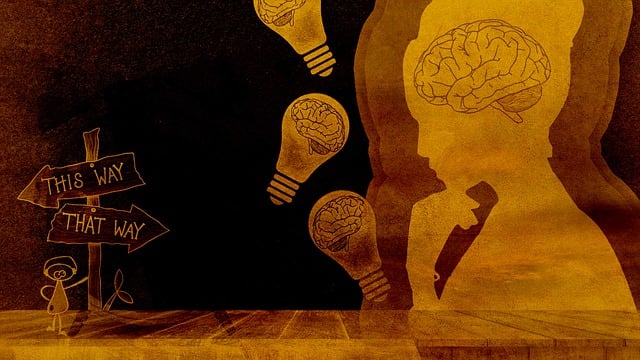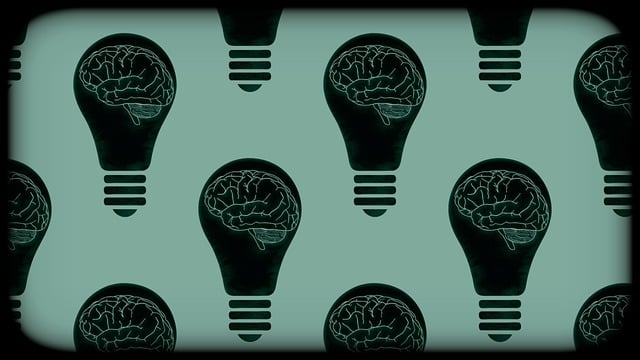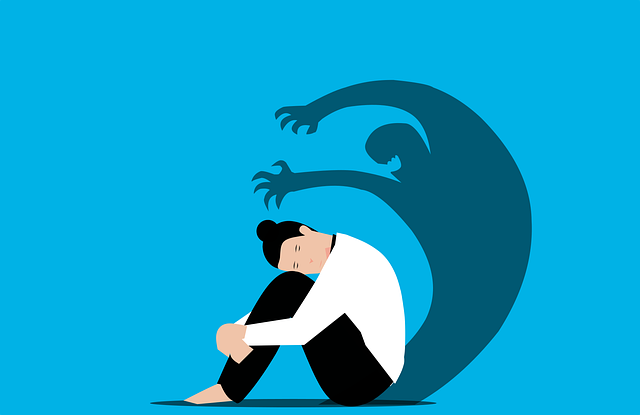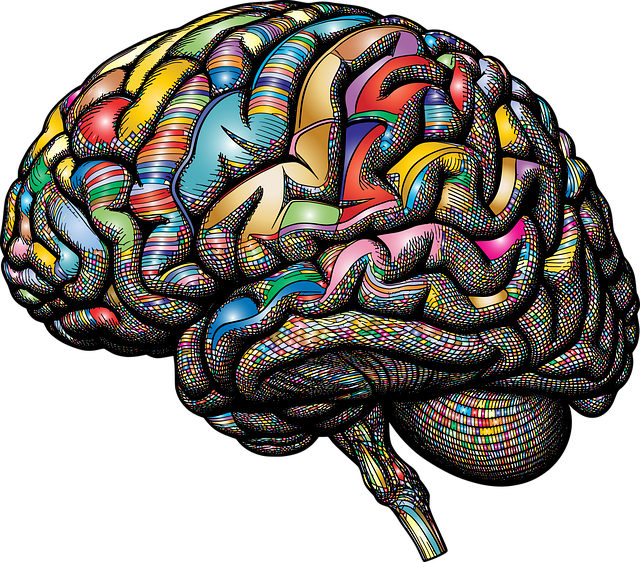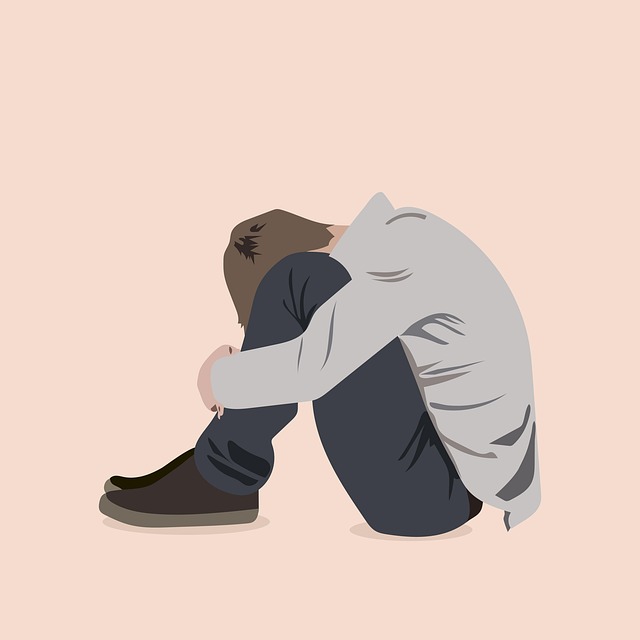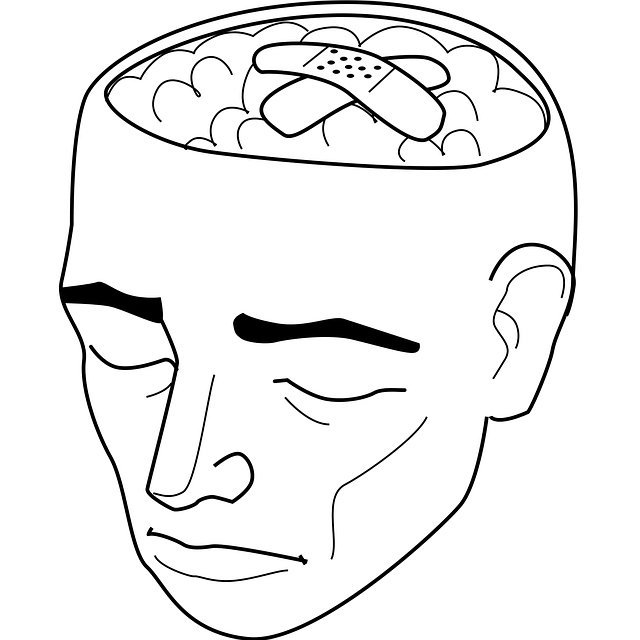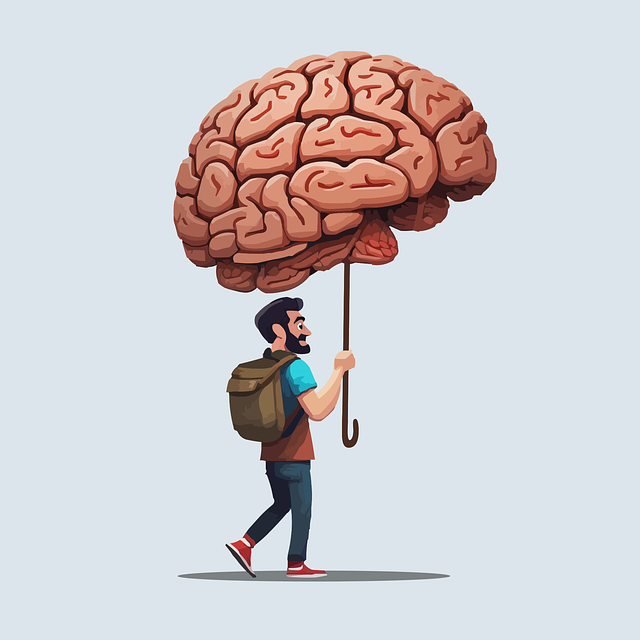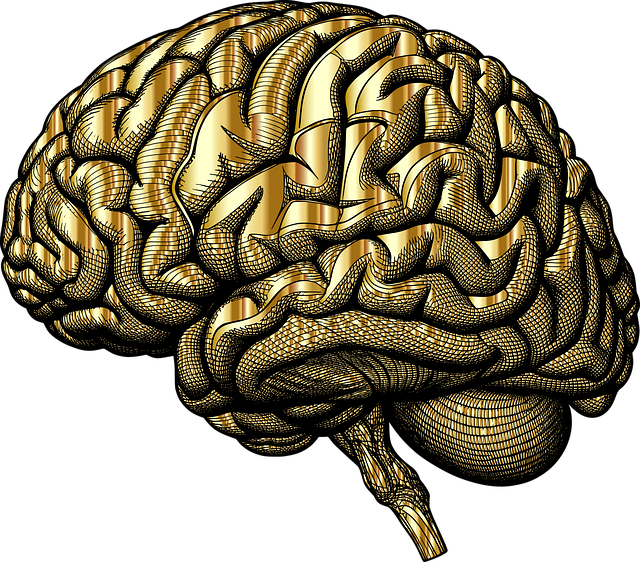The current mental illness diagnosis process struggles with complexity, individual variations, and co-occurring disorders, leading to frequent misdiagnoses and ineffective treatment. Littleton Biofeedback Therapy offers a promising solution by providing comprehensive assessments and specialized techniques that enhance accuracy, especially for stress-related conditions. This innovative approach improves patient outcomes by fostering resilience, tailored emotional regulation strategies, and better understanding of mental states, while also emphasizing the importance of mental health awareness, positive thinking, and education for both professionals and the public.
Mental illness diagnosis accuracy is a critical aspect of patient care, yet challenges persist in ensuring precise identification. This article delves into the current state of mental health assessment, highlighting prevalent misdiagnosis rates and the limitations of traditional methods. It explores innovative solutions, including the integration of biofeedback therapy, advanced technology like AI and machine learning, and collaborative care models. Additionally, practical strategies for clinical implementation are discussed, emphasizing training, standardized protocols, and patient empowerment through open communication and shared decision-making, with a specific focus on the benefits of Littleton Biofeedback Therapy techniques.
- The Current State of Mental Illness Diagnosis: Challenges and Gaps
- – Prevalence of misdiagnosis and its impact on patient outcomes
- – Limitations of traditional assessment methods
The Current State of Mental Illness Diagnosis: Challenges and Gaps

The current state of mental illness diagnosis presents several challenges and gaps that require urgent attention. Despite advancements in research and growing awareness, misdiagnoses remain prevalent, often leading to ineffective treatment plans. The complexity of mental health conditions, coupled with individual variations in symptoms and behaviors, makes accurate diagnosis a daunting task for healthcare professionals. This is further complicated by the co-occurrence of multiple disorders, which can obscure the primary issue.
For instance, individuals seeking Littleton Biofeedback Therapy might initially present with symptoms indicative of anxiety or depression but, upon deeper exploration, could be struggling with underlying trauma. Such cases highlight the need for comprehensive and nuanced approaches to diagnosis. Enhancing Mental Health Awareness and promoting Positive Thinking are crucial steps in bridging these gaps. By fostering open conversations and educating both professionals and the public, we can work towards improving diagnostic accuracy and ensuring individuals receive tailored Trauma Support Services that address their unique needs.
– Prevalence of misdiagnosis and its impact on patient outcomes

Misdiagnosis in mental health is a significant concern with profound implications. Studies show that many individuals struggle with receiving accurate diagnoses for their conditions, leading to delayed treatment and potential exacerbation of symptoms. This issue is particularly concerning given the complexity of mental illnesses, which often present with overlapping symptoms, making distinction challenging. The impact on patient outcomes can be severe; incorrect labels may lead to inappropriate coping strategies or a lack thereof, hindering recovery. For instance, someone with anxiety might be mistakenly diagnosed with depression, receiving ineffective treatment for their unique condition.
Littleton Biofeedback Therapy offers a promising approach to enhance diagnosis accuracy. By utilizing specialized techniques and comprehensive assessments, therapists can improve detection rates. Developing coping skills through therapy not only aids in managing symptoms but also facilitates better diagnosis by providing a clearer picture of the patient’s experience. Additionally, effective risk management planning for mental health professionals, as per guidelines from organizations involved in Mental Health Policy Analysis and Advocacy, ensures that practitioners are equipped to handle complex cases accurately.
– Limitations of traditional assessment methods

Traditional assessment methods for mental illness often rely on subjective reporting from patients and standardized questionnaires, which can have several limitations. One significant challenge is the potential for misdiagnosis due to human error or variations in interpretation. For instance, certain symptoms may be culturally or contextually nuanced, leading to differing assessments even when the underlying issue is similar. Additionally, these methods might not always capture the full complexity of an individual’s experience, especially when dealing with subtle or comorbid conditions.
In this regard, Littleton Biofeedback Therapy offers a novel approach by integrating objective measures and advanced techniques. By focusing on physiological responses, it enhances the accuracy of diagnosis, particularly for conditions linked to stress, anxiety, and emotional dysregulation. This method promotes positive thinking and resilience-building, as individuals gain deeper insights into their mental and physical states. Moreover, it enables better emotional regulation strategies, which can be tailored to each patient’s unique needs.
Mental illness diagnosis accuracy is a critical area for improvement, especially considering the significant impact of misdiagnosis. By combining traditional assessment methods with innovative techniques like Littleton Biofeedback Therapy, healthcare professionals can enhance diagnostic precision. This approach not only benefits patient outcomes but also ensures individuals receive appropriate and effective treatment. Advancements in mental health care are essential to navigating the complex landscape of diagnosis, ultimately fostering better support for those facing these challenges.
